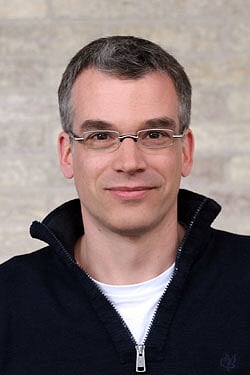Profile of the advisor
Prof. dr. Matthias Heinemann studied engineering at the University of Stuttgart (Germany) and the University of Western Ontario (Canada), and in 2003 earned a PhD in biochemical engineering from the RWTH Aachen University (Germany). After a short postdoc in the bioprocess lab of the ETH Zurich (Switzerland), Matthias became group leader in the research unit of Uwe Sauer at the Institute of Molecular Systems Biology of ETH Zurich, where he mutated into a biologist. In 2010, Matthias moved to the University of Groningen (Netherlands) as an associate professor for molecular systems biology, where he was promoted to full professor in 2013. Matthias is recipient of the DuPont Young Professorship award and was granted a VIDI-grant from the Netherlands Organisation for Scientific Research (NWO).
Expertise
Metabolism, systems biology, modeling, oscillations.
Profile of the research group
Our research group aims to understand how cellular metabolism works and how it controls other cellular functions. For instance, we recently found that cellular metabolism is constrained by the rate with which cells can dissipate Gibbs energy to the environment (Niebel et al. (2019) Nature Metabolism). We are now highly interested to the uncover the mechanistic basis of this limit, which likely will also have played a role during evolution of cells. Another key discovery of the lab was that yeast metabolism is an autonomous oscillator (Papagiannakis et al. (2017) Molecular Cell). We think that this metabolic oscillator might have an important function for the control of the cell growth and division process. In essence, we combine different experimental and modeling techniques to investigate intriguing (metabolic) questions about the very basics of “contemporary” cells in order to learn how they might have emerged and evolved.

